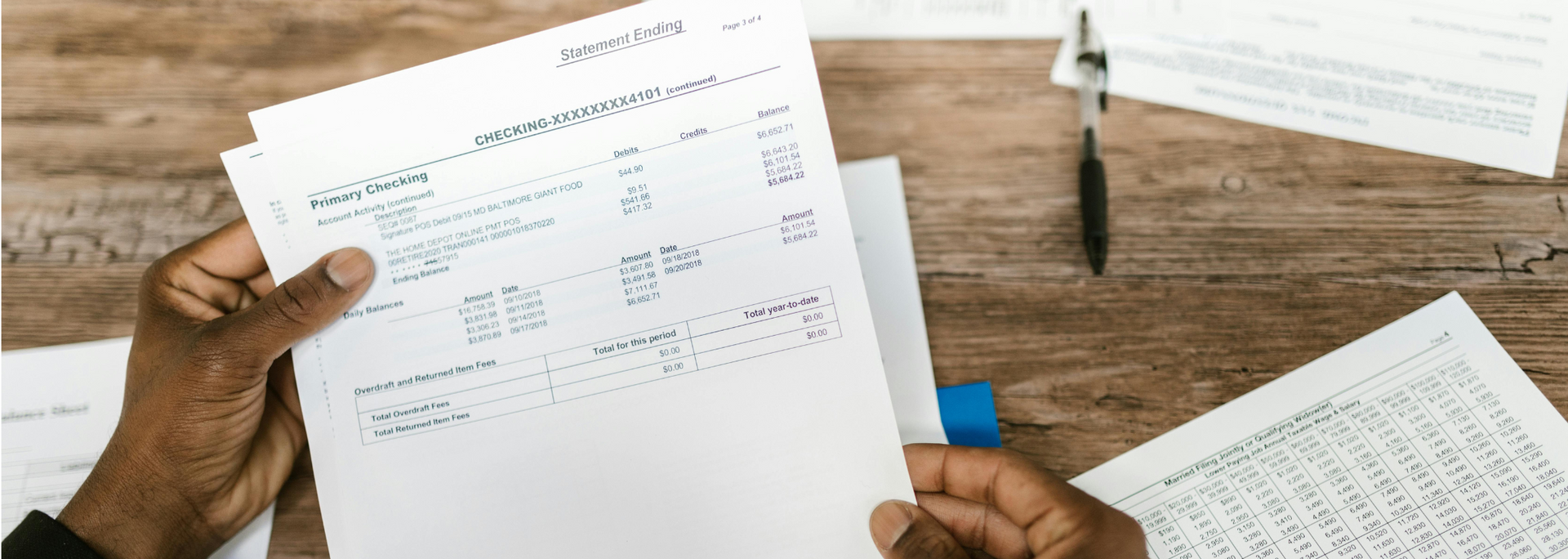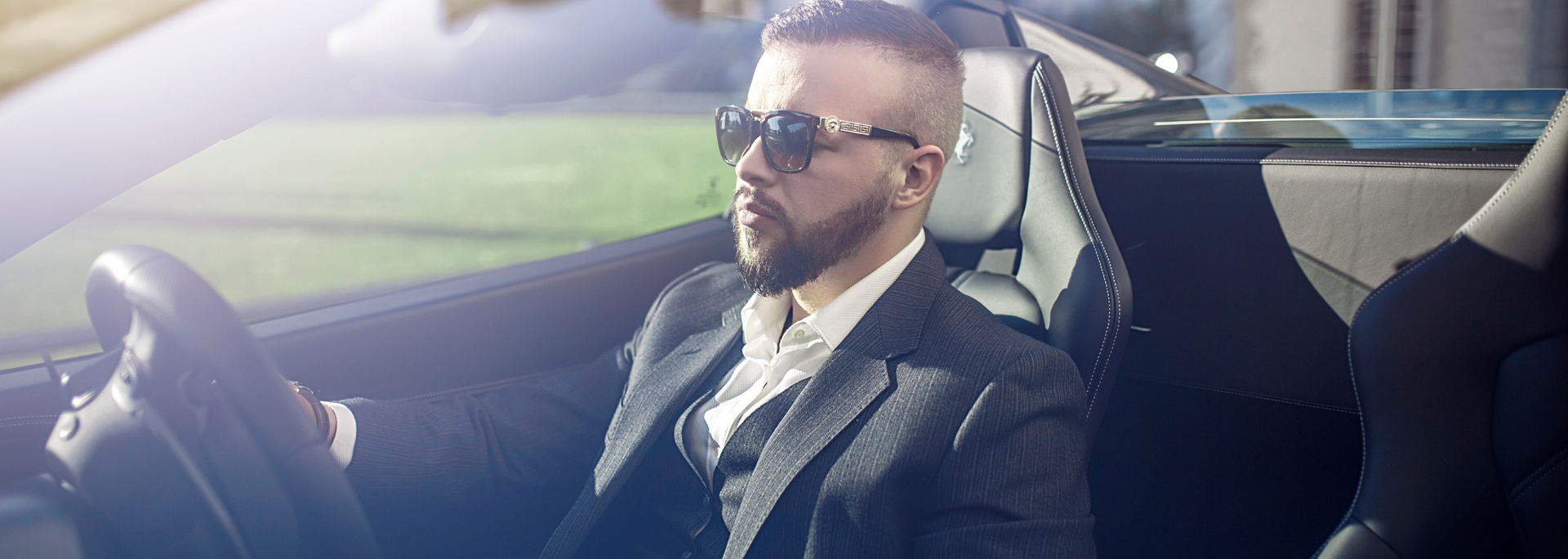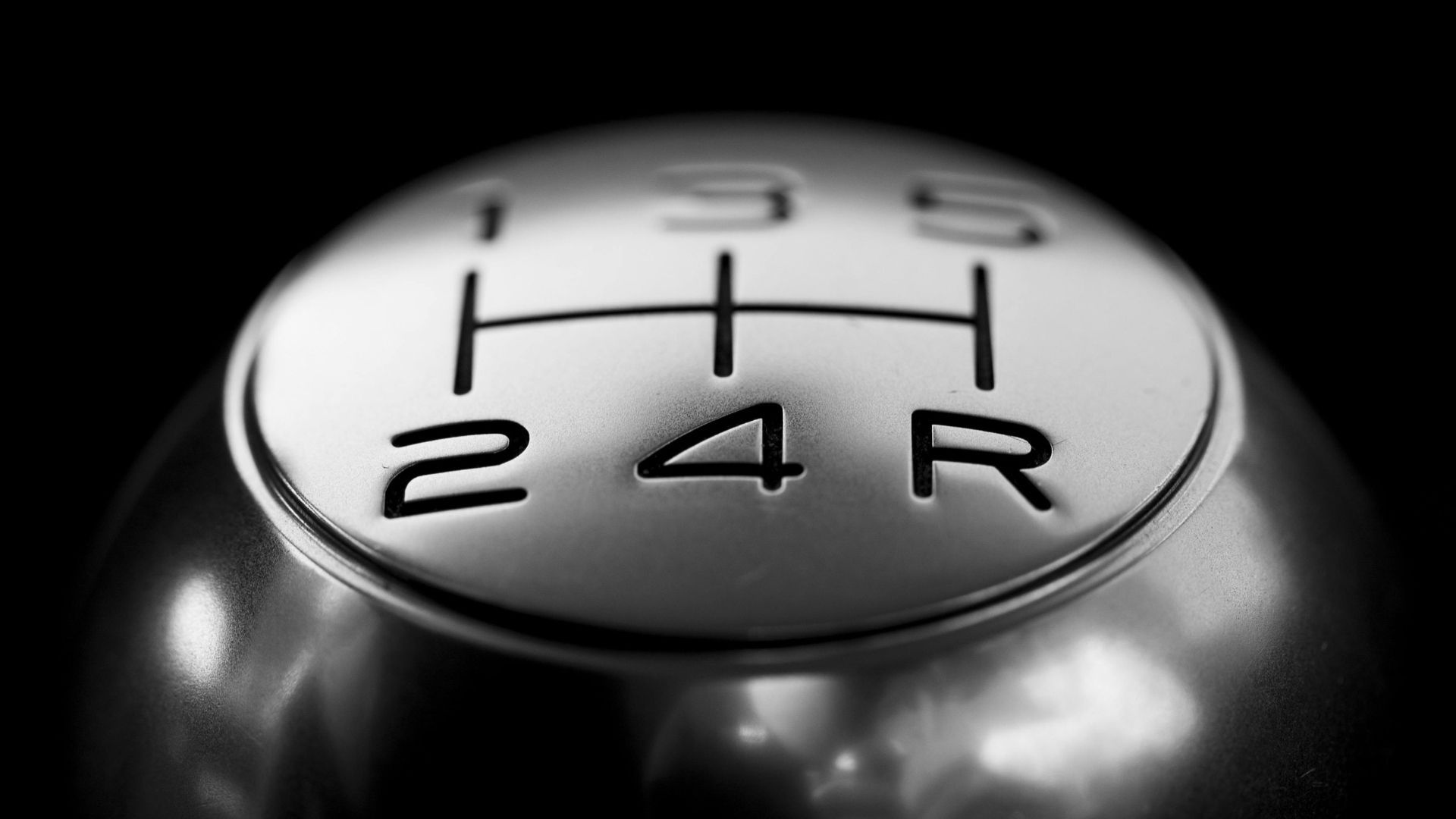Can you get a business car lease as a new company?
Starting out in business and looking for a company car? Explore your lease options in our handy guide.

So, you've set up a new business. Congratulations! But how are you going to get around?
Leasing a car can be a wise decision for several reasons. Primarily, it's all about flexibility. Rather than tying yourself to a costly purchase, you get to choose how long you keep the car. Once the lease is up, you return the car – no strings attached.
On top of this, there are benefits relating to cash flow, tax and company image. There's a reason why so many businesses see it as an attractive option.
However, not every new company will qualify. The younger the company, the more you have to demonstrate your creditworthiness. More often than not, however, the possibility to take out a business car lease is there.
In this article, we take a look at the ins, the outs, the pros, the cons – and how we can help.
What is business car leasing?
Business car leasing is like personal leasing but with an added perk – VAT-registered businesses can claim back at least half the tax. It lets you borrow a car (or cars) for a fixed period, paid in monthly instalments.
The agreement is between you and a finance provider. You make a down payment, which is put towards the overall cost. Typically, the car is leased for between two and four years, depending on your business's requirements. Shorter and longer leases are available.
Do I qualify for business car leasing?
If you're a new company, you're eligible for business car leasing so long as you meet two criteria.
The first is that you have to prove you can afford the monthly payments. This is to reassure the finance company that you won't fall back on repayments.
The second is that you have to provide evidence of trading. Car lease companies will typically ask for evidence of two or more years of trading.
Sometimes, however, you can dodge this two-year requirement with ample documentation and a director's guarantee. The documentation could include bank statements and management accounts.

The guarantee states that the company director will cover the costs of the lease if the company can no longer afford them.
The lender needs to be confident they'll get their money. You need to be confident you'll have it for the duration of the lease. Your decision to lease a business car in the early days of your company should be based on detailed forecasts rather than optimism.
If your company is under three months old, there's a strong chance you'll struggle to get approved for a business car lease.
There are criteria, too, that apply to all companies – not just new ones. You'll need to pass a credit check. Different providers have different standards, but most companies ask for a "good" credit score.
Finally, the type of business matters, as well as the age. To qualify, you'll need to be one of the following:
- A sole trader
- In a partnership
- An LLP
- A PLC
- A local authority
- A limited company
- A VAT-registered business
- A charity
- An embassy
What are the benefits of business car leasing?
There are numerous benefits to business car leasing. The first relates to your balance sheets.
If you buy a car outright, the size of the payment could blow a hole in your balance sheet and make it harder to get credit in future. By comparison, a lease reduces this initial payment and spreads the cost out over a fixed period.
Leasing a car also means you're not spending money repairing and maintaining a vehicle that's going down in value. Instead, you get to use a brand-new vehicle and swap it for another at the end of the lease.
Business car leasing has something else in common with non-commercial car hire. It gives you access to models that are beyond your budget. This can improve the driving experience for staff and help your business make a good first impression (especially important in the early days!)

There are tax benefits, too. If you're VAT-registered, you can claim back tax for at least 50% of the cost. Limited companies can offset up to 100% of the payments and VAT against corporation tax. All of this makes business car leasing a more attractive option than personal leasing in most cases.
Finally, a leased business car can be a perk for employees. Bear in mind, however, that this will incur a
Benefit in Kind tax.
What should you consider before leasing a business car?
Before leasing a business car, you should be aware that your lease will come with an annual mileage limit. If you go over the limit, you will incur excess charges.
This is an especially pertinent question for new businesses. With any luck, your business will grow over the period fixed by the lease. Will your mileage requirements go up, too?
Secondly, it's worth keeping in mind that you're subject to what's known as "fair wear and tear". Every company will have their own policy. As a general rule, minor scratches are generally considered "fair" and not penalised.
If, however, the vehicle needs repair at the end of the lease, it will be your responsibility to pay.
Finally, you need to be confident either that you'll see the lease through or that you can afford the exit charge. Think of it as like any other kind of subscription. Are you sure you won't be paying through the nose to cancel before your lease is up?
Keeping these factors in mind will significantly increase your chances of a successful lease.
How we can help
At MVH Rental, we provide businesses of all shapes and sizes with flexible
commercial vehicle hire options.
For instance, we offer short-term commercial car hire. This might be preferable if you're running a new business, as the barrier of entry is less restrictive than with long-term leasing.
So, if you're looking for a business vehicle in the North East, don't hesitate to
get in touch for a quick, competitive quote.
All Rights Reserved | Metro Vehicle Hire











